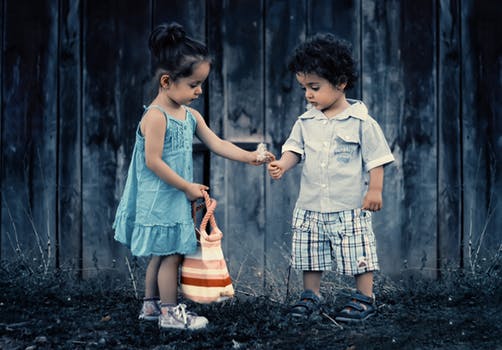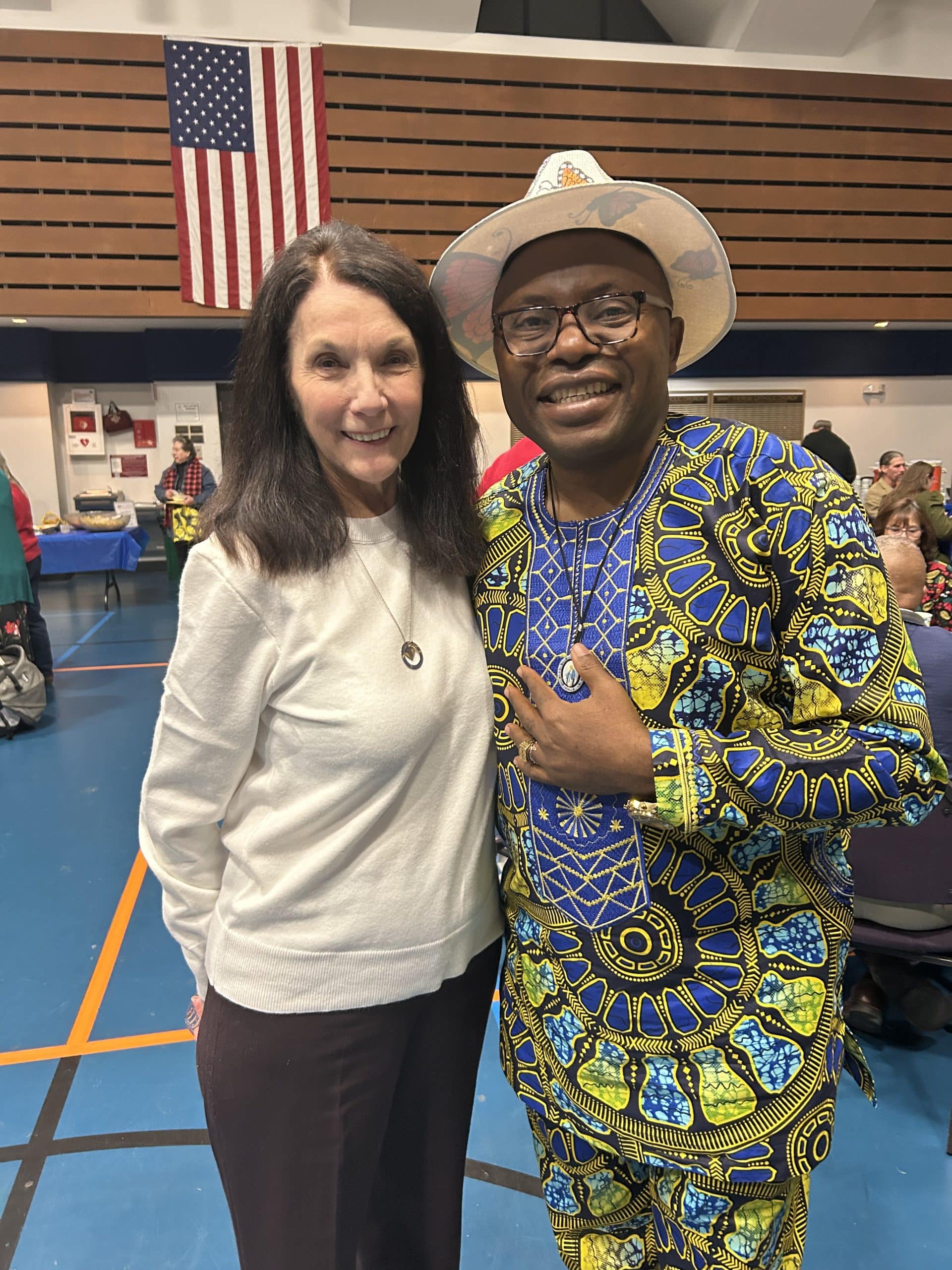
Empathy is not innate. People are not born with the ability to empathize. Therefore, it is all or nothing. You have it or you don’t. Also, it is not a skill or ability. Society states empathy is to have the motivation to care about individuals. It also has people feel for what another person is possibly thinking. However, empathy develops as a child ages. It is learned and needs fostered at home and in school.
Empathy And Young Children
Children under the age of five can not show feelings toward others. At that age, they do not have the ability to identify with another’s feelings. Children around the age of 7 begin to identify with the feelings of others. However, children with emotional needs or children with a hyperactivity disorder, at times, show a lack of empathy toward others. In addition, children with drug addictions, narcissism and personality disorders have difficulty understanding other’s feelings and emotions.
Teaching Empathy
• Modeling is one method of teaching empathy. Children watch and learn appropriate ways to behave and socially interact.
• Connect cause and effect. Talk about the behaviors and feelings for others. Discuss the reason a person feels a particular way.
• Create opportunities for success. Emphasize the benefits kindness has for everyone.
• Read stories to children about caring for others.
As children focus on themselves and not on others it becomes harmful to their developmental process.
Unfortunately, the lack of feelings toward others is connected with bullying, cheating, mental issues, anxiety, depression and the lack of moral reasoning. To show empathy is to understand how a person is feeling. To understand a child’s needs is to have emotions they associate with thoughts of others. Today, showing empathy is important. Parents and teachers must build an understanding of how others feel. In addition, they must show how one’s actions impact others. To understand others builds a sense of security in children. Also, it builds strong relationships with others by building tolerance and acceptance of others. It promotes harmony.
Raising children that are empathic benefits today’s world. Teach through modeling. Explain feelings to children at a young age and develop an empathic child that grows into an adult that understands how people feel.
![]()



